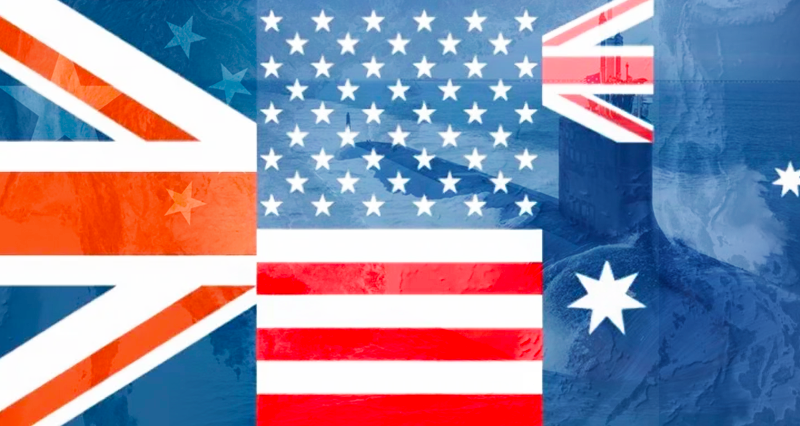
On September 15, 2021, it was announced that a tripartite security partnership called “AUKUS” was established by the leaders of Australia, the United Kingdom, and the United States. As the first initiative of this partnership, Australia, the UK, and the US committed to an 18-month work program for Australia to purchase and develop nuclear powered submarine technologies.[1] The Australian Ministry of Defense has announced that due to this partnership, the Australian Government will no longer be proceeding with the Attack Class Submarine Program, and that nuclear powered submarines are planned to be built in Adelaide, Australia.[2] In the announcement, the submarine initiative was described as the first step of cooperation, while it was stated that plans were also envisioned to develop cyber capabilities, artificial intelligence, and quantum technologies.
Developments such as China's recent violation of Taiwan's airspace, and China’s assertiveness in the South China Sea beyond its claims, and the formation of a new pro-Beijing administration in Hong Kong have led to comments that AUKUS is a partnership created against China. As a matter of fact, while AUKUS was described as a united front against China in the Chinese media, it was stated also that the US President Joe Biden is even more aggressive than the former president Donald Trump in his opposition to China, and that China-Australian relations would worsen due to the AUKUS alliance.[3] The statement of Peter Jennings, Former Deputy Secretary for Strategy in the Australian Department of Defence, that "The stronger AUKUS is, the less likely it is that there will be an attack on Taiwan" reinforces the idea that this alliance is part of a strategy targeting China. In addition, Maria Zakharova, Spokesperson of the Russian Ministry of Foreign Affairs, described AUKUS as "the product of momentary interests".[4]
At the beginning of September this year, the statements made on the occasion of the 70th anniversary of the ANZUS Treaty, signed on September 1, 1951, had given the first signals of the AUKUS alliance. The Australian Ambassador to the US, Arthur Sinodinos, stated that the pressure created by China in the Indo-Pacific is a greater threat than the terrorist attack of September 11 and that an alliance would be formed to counter intimidation from Beijing. Additionally, Sinodinos made the noteworthy statement that the US departure from Afghanistan is part of its strategy of further concentrating its efforts in the Indo-Pacific, and that this will deliver new momentum in the way the US and Australia to position themselves.[5] Meanwhile, in August, the US Senate gave a message that the US wanted to strengthen its military and economic ties with Australia in the face of threats in the region.
All these put forward that AUKUS should be viewed in the context of the renewed US Indo-Pacific strategy. It was during the Trump era that the region became often referred to as the "Indo-Pacific", and the name of the US Pacific Command (USPACOM) was changed to the US Indo-Pacific Command (USINDOPACOM) in May 2018.[6] The 2017 National Security Strategy described China as a "revisionist power" in the Indo-Pacific, and the "Indo-Pacific Strategy Report" published by the US Department of Defense in 2019 revealed the desire of the US to work more closely with "allies and partners" in the region.[7] In 2019, the US Department of State published the document titled “Free and Open Indo-Pacific: Advancing a Shared Vision”, emphasizing that China is undermining the conditions that have promoted stability and prosperity in the Indo-Pacific, and setting the goal of cooperation with Indo-Pacific partners.[8]
In addition to all these developments, experts state that the US was not able to take any steps that fundamentally would change the dynamics in the Indo-Pacific during this period. It was pointed out that the US withdrawal from the Trans-Pacific Partnership, the Paris Agreement on climate, the Intermediate-Range Nuclear Forces Treaty and the Joint Comprehensive Plan of Action, the absence of a coherent strategy against China's claims, and North Korea's nuclear program during the Trump era led to the questioning of US hegemony to medium powers establishing multilateral mechanisms in the Indo-Pacific.[9]
The sea routes in the Indo-Pacific constitute an important part of the world's maritime trade. The questioning of the US' security commitments has encouraged other states to cooperate in the Indo-Pacific. The “Indo-Pacific Strategy of France” report prepared Australian Strategic Policy Institute puts forward that France, which has overseas territories in the region (Réunion, Mayotte, and New Caledonia, French Polynesia, Wallis, and Futuna of the French Overseas Territories Community) has been engaged in the Indo-Pacific region since 2010, and a French Indo-Pacific strategy based on bilateral or multilateral cooperation has been developed, especially in the maritime field, since 2018.[10] Apart from France, Germany also published its Indo-Pacific strategy in September 2020 and the Netherlands in November 2020, given the increasing importance of supply chain security in the region due to COVID 19.
Finally, the European Union (EU) published its Indo-Pacific strategy on September 16, 2021,[11] but this was a development that was overshadowed by the AUKUS announcement on the same day. Josep Borrell, High Representative of the European Union for Foreign Affairs and Security Policy, expressed his reprehension regarding AUKUS by stating that “I assume an agreement of such nature wasn’t brought together overnight, yet we were not informed". Australia's withdrawal from the submarine agreement with France within a 50-year partnership and the announcement of AUKUS on the day the EU Indo-Pacific Strategy Paper was published can be considered as a message given by the US against questioning its effectiveness in the region.
While the importance of the Indo-Pacific in the political arena has increased since the second half of 2020, the US started to bring the QUAD alliance to the forefront by giving its weight to the region, and the Indo-Pacific and China became an important agenda item in the US presidential election race.[12] Also for the UK, which reassessed its foreign policy after Brexit and declared its goal of restoring its navy as 'Europe's foremost naval power',[13] AUKUS and the cooperation within the scope of the Indo-Pacific strategy of the US has become important. After the AUKUS announcement, China's application to join the free trade agreement within the framework of the “Comprehensive and Progressive Agreement for Trans-Pacific Partnership” (CPTPP) also shows that the developments in the region will be on the agenda in the coming period.
[1] “Joint Leaders Statement on AUKUS”, The White House, September 15, 2021, https://www.whitehouse.gov/briefing-room/statements-releases/2021/09/15/joint-leaders-statement-on-aukus/
[2] “Nuclear-Powered Submarine Task Force”, Australian Government Department of Defence, https://www1.defence.gov.au/about/taskforces/nuclear-powered-submarine-task-force
[3] “Washington forms another gang to impose mob rule in unruly game”, China Daily, September 16, 2021,
https://www.chinadaily.com.cn/a/202109/16/WS6143326fa310e0e3a68221c4.html
[4] “Rusya: AUKUS anlık çıkarların ürünü”, Sputnik News, 11 Ekim 2021, https://tr.sputniknews.com/20211011/rusya-aukus-anlik-cikarlarin-urunu-1049697092.html
[5] “China’s coercion is a bigger threat than another 9/11: Sinodinos”, Financial Review, September 1, 2021,
[6] Cleo Paskal, “Indo-Pacific strategies, perceptions and partnerships”, Chatam House, March 23, 2021, https://www.chathamhouse.org/2021/03/indo-pacific-strategies-perceptions-and-partnerships
[7] Ibid.
[8] “A Free and Open Indo-Pacific”, U.S. Department of State, November 4, 2019, https://www.state.gov/wp-content/uploads/2019/11/Free-and-Open-Indo-Pacific-4Nov2019.pdf
[9] “France’s Indo-Pacific Strategy and its overseas territories” Australian Strategic Policy Institute, June 25, 2021,
[10] Ibid.
[11] “The EU strategy for cooperation in the Indo-Pacific”, European Commission, September 16, 2021, https://eeas.europa.eu/sites/default/files/jointcommunication_2021_24_1_en.pdf
[12] “Joe Biden, Donald Trump take hard line on China”, The Washington Times, September 3, 2020,
https://www.washingtontimes.com/news/2020/sep/3/joe-biden-donald-trump-take-hard-line-china/
[13] Cleo Paskal, “Indo-Pacific strategies, perceptions and partnerships”…
© 2009-2025 Center for Eurasian Studies (AVİM) All Rights Reserved
No comments yet.
-
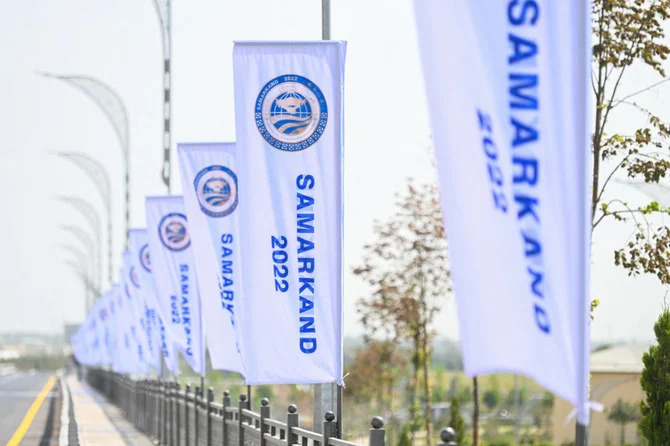 ISSUES OF INTEREST BEFORE THE SHANGHAI COOPERATION ORGANIZATION SUMMIT IN SAMARKAND
ISSUES OF INTEREST BEFORE THE SHANGHAI COOPERATION ORGANIZATION SUMMIT IN SAMARKAND
Gülperi GÜNGÖR 16.09.2022 -
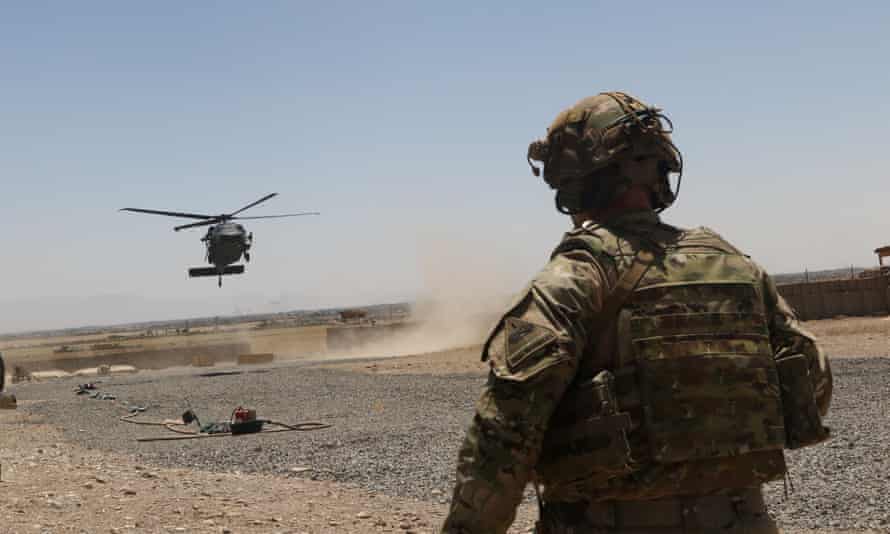 TALIBAN’S ADVANCEMENT AFTER THE WITHDRAWAL OF FOREIGN TROOPS FROM AFGHANISTAN
TALIBAN’S ADVANCEMENT AFTER THE WITHDRAWAL OF FOREIGN TROOPS FROM AFGHANISTAN
Gülperi GÜNGÖR 30.07.2021 -
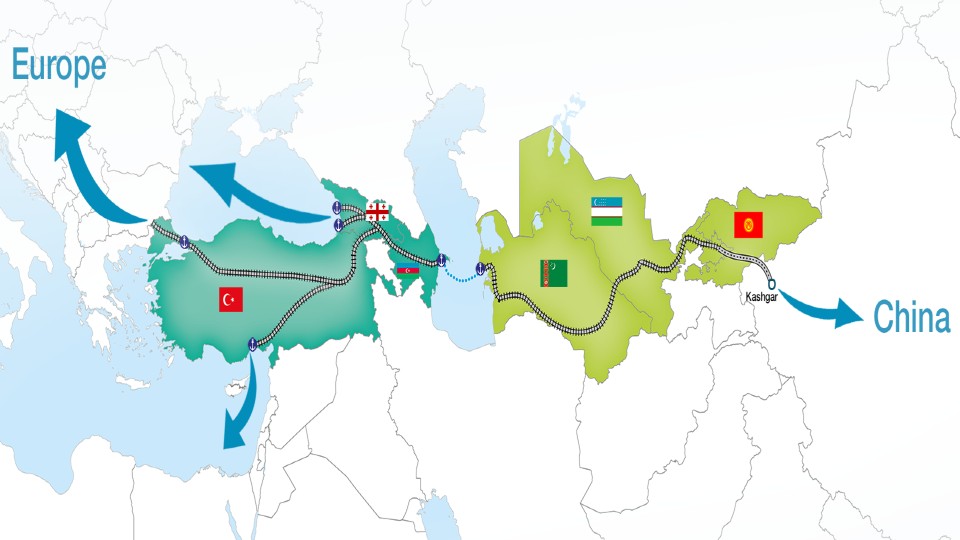 NEW OPPORTUNITIES AND INITIATIVES FOR THE MIDDLE CORRIDOR
NEW OPPORTUNITIES AND INITIATIVES FOR THE MIDDLE CORRIDOR
Gülperi GÜNGÖR 30.09.2022 -
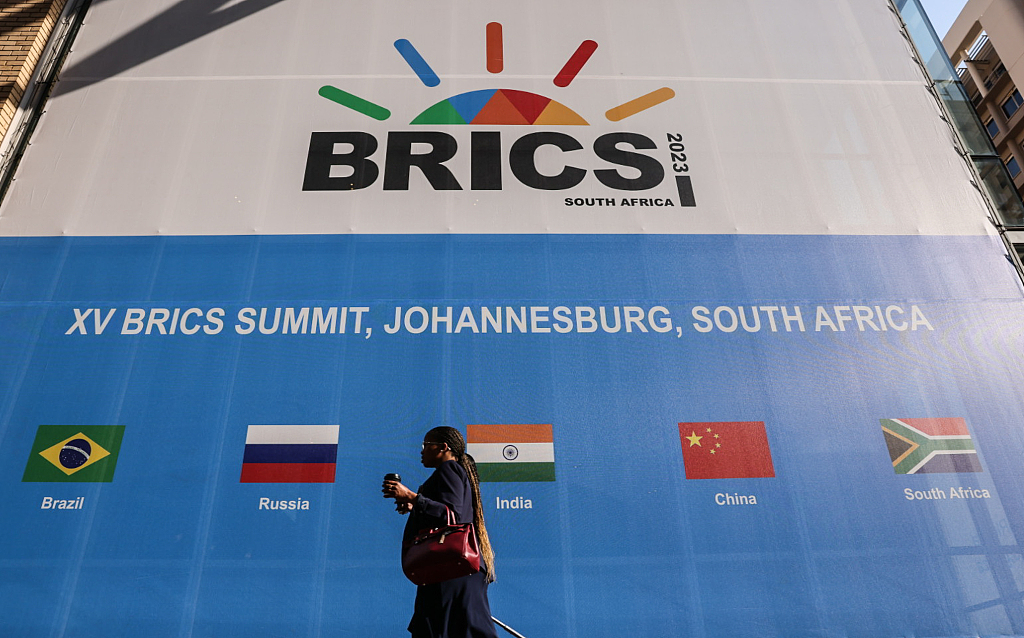 THE BRICS SUMMIT 2023
THE BRICS SUMMIT 2023
Gülperi GÜNGÖR 25.09.2023 -
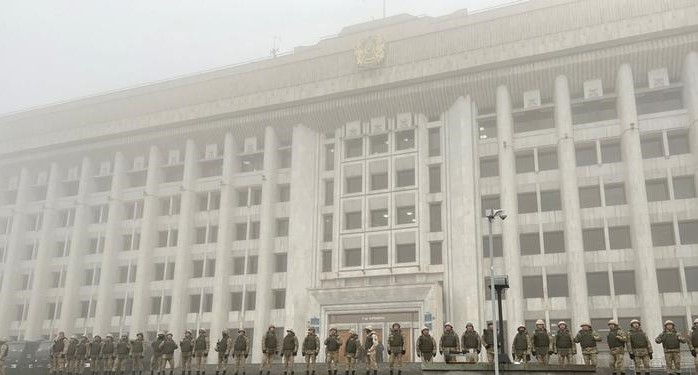 PROTESTS AND POLITICAL CRISIS IN KAZAKHSTAN
PROTESTS AND POLITICAL CRISIS IN KAZAKHSTAN
Gülperi GÜNGÖR 11.02.2022
-
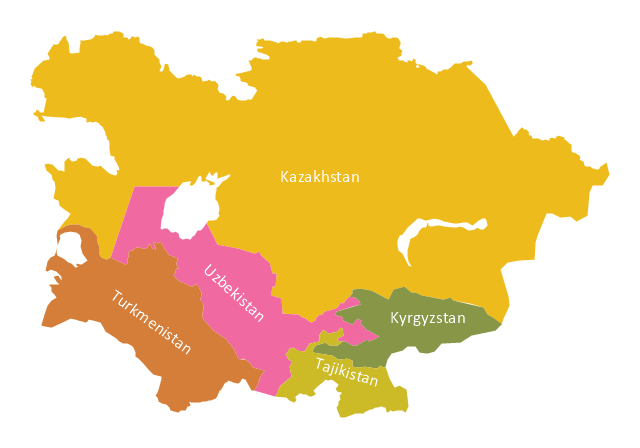 A QUARTER OF A CENTURY OF INDEPENDENCE OF CENTRAL ASIAN COUNTRIES: THE DEMOGRAPHIC QUANDARY
A QUARTER OF A CENTURY OF INDEPENDENCE OF CENTRAL ASIAN COUNTRIES: THE DEMOGRAPHIC QUANDARY
Teoman Ertuğrul TULUN 08.11.2016 -
 WHY TURKEY’S VIEW OF THE ARMENIAN ISSUE SHOULD NOT BE SUPPRESSED
WHY TURKEY’S VIEW OF THE ARMENIAN ISSUE SHOULD NOT BE SUPPRESSED
Özdem Sanberk 29.06.2015 -
 THE ARMENIAN DIASPORA AND THE VENERATION OF TERRORISTS
THE ARMENIAN DIASPORA AND THE VENERATION OF TERRORISTS
Mehmet Oğuzhan TULUN 23.01.2020 -
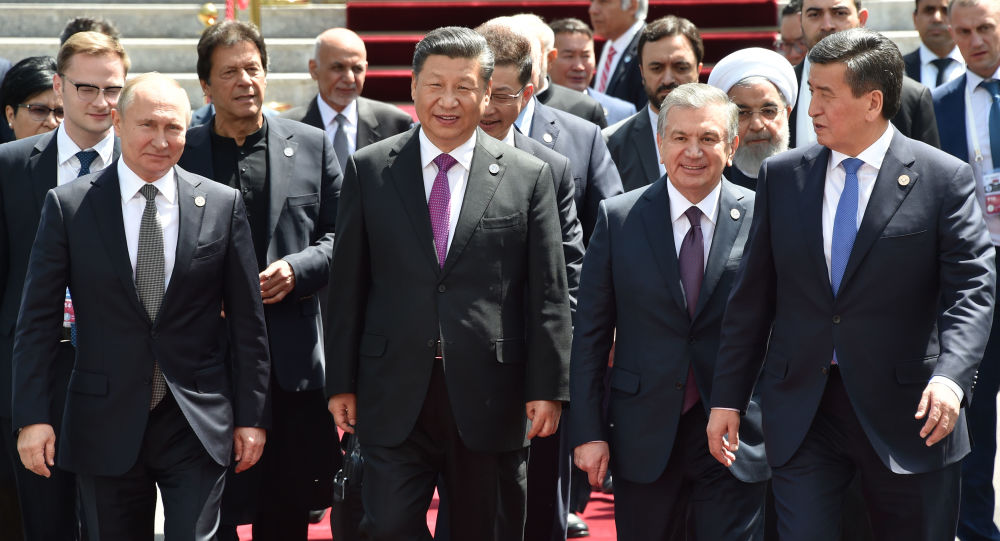 AN EVALUATION OF THE RECENT DEVELOPMENTS IN CENTRAL ASIA
AN EVALUATION OF THE RECENT DEVELOPMENTS IN CENTRAL ASIA
Vuslat Nur ŞAHİN 08.07.2019 -
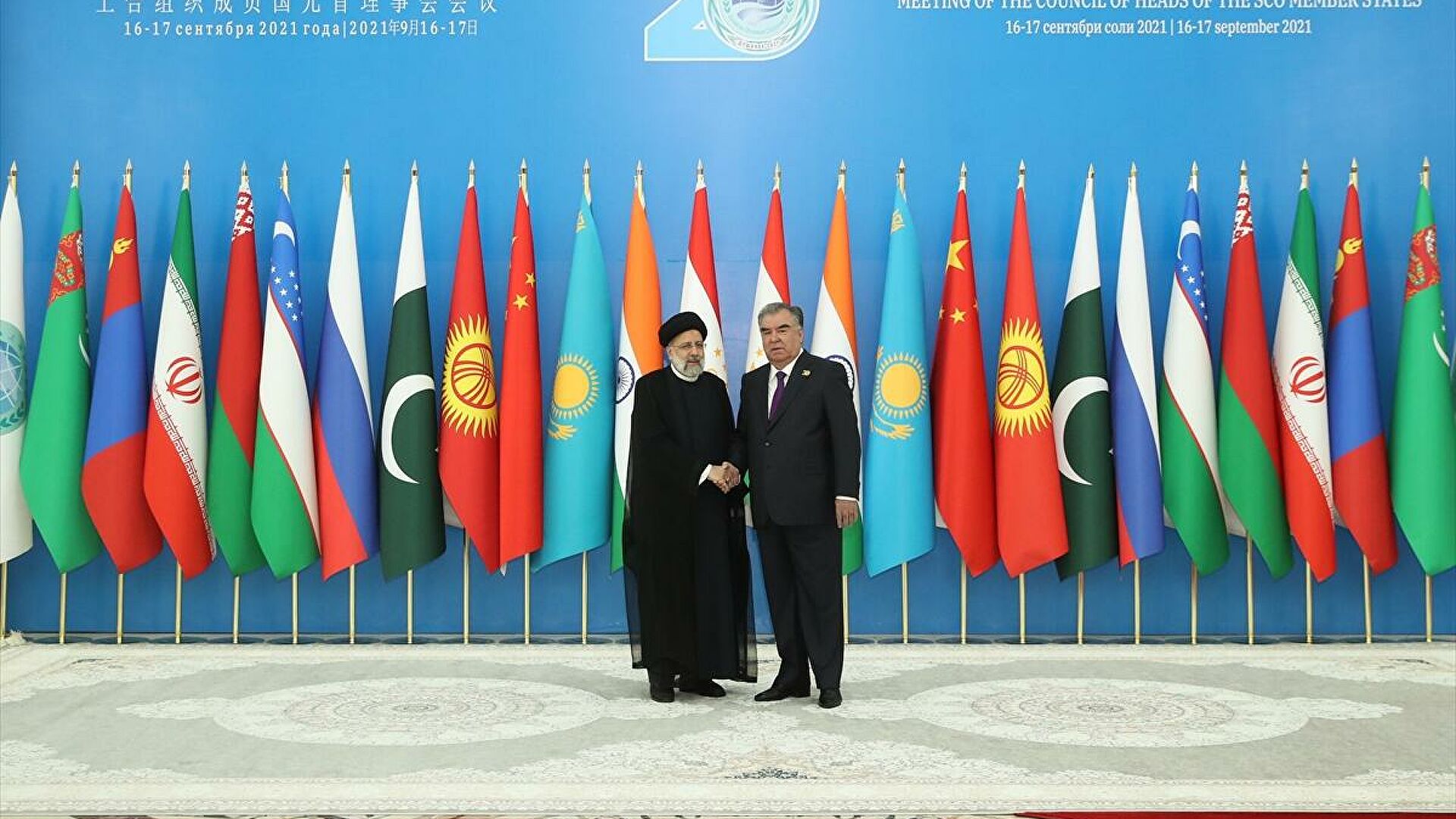 THE ACCEPTANCE OF IRAN'S MEMBERSHIP TO THE SHANGHAI COOPERATION ORGANIZATION
THE ACCEPTANCE OF IRAN'S MEMBERSHIP TO THE SHANGHAI COOPERATION ORGANIZATION
Gülperi GÜNGÖR 28.09.2021
-
25.01.2016
THE ARMENIAN QUESTION - BASIC KNOWLEDGE AND DOCUMENTATION -
12.06.2024
THE TRUTH WILL OUT -
27.03.2023
RADİKAL ERMENİ UNSURLARCA GERÇEKLEŞTİRİLEN MEZALİMLER VE VANDALİZM -
17.03.2023
PATRIOTISM PERVERTED -
23.02.2023
MEN ARE LIKE THAT -
03.02.2023
BAKÜ-TİFLİS-CEYHAN BORU HATTININ YAŞANAN TARİHİ -
16.12.2022
INTERNATIONAL SCHOLARS ON THE EVENTS OF 1915 -
07.12.2022
FAKE PHOTOS AND THE ARMENIAN PROPAGANDA -
07.12.2022
ERMENİ PROPAGANDASI VE SAHTE RESİMLER -
01.01.2022
A Letter From Japan - Strategically Mum: The Silence of the Armenians -
01.01.2022
Japonya'dan Bir Mektup - Stratejik Suskunluk: Ermenilerin Sessizliği -
03.06.2020
Anastas Mikoyan: Confessions of an Armenian Bolshevik -
08.04.2020
Sovyet Sonrası Ukrayna’da Devlet, Toplum ve Siyaset - Değişen Dinamikler, Dönüşen Kimlikler -
12.06.2018
Ermeni Sorunuyla İlgili İngiliz Belgeleri (1912-1923) - British Documents on Armenian Question (1912-1923) -
02.12.2016
Turkish-Russian Academics: A Historical Study on the Caucasus -
01.07.2016
Gürcistan'daki Müslüman Topluluklar: Azınlık Hakları, Kimlik, Siyaset -
10.03.2016
Armenian Diaspora: Diaspora, State and the Imagination of the Republic of Armenia -
24.01.2016
ERMENİ SORUNU - TEMEL BİLGİ VE BELGELER (2. BASKI)
-
AVİM Conference Hall 24.01.2023
CONFERENCE TITLED “HUNGARY’S PERSPECTIVES ON THE TURKIC WORLD"









